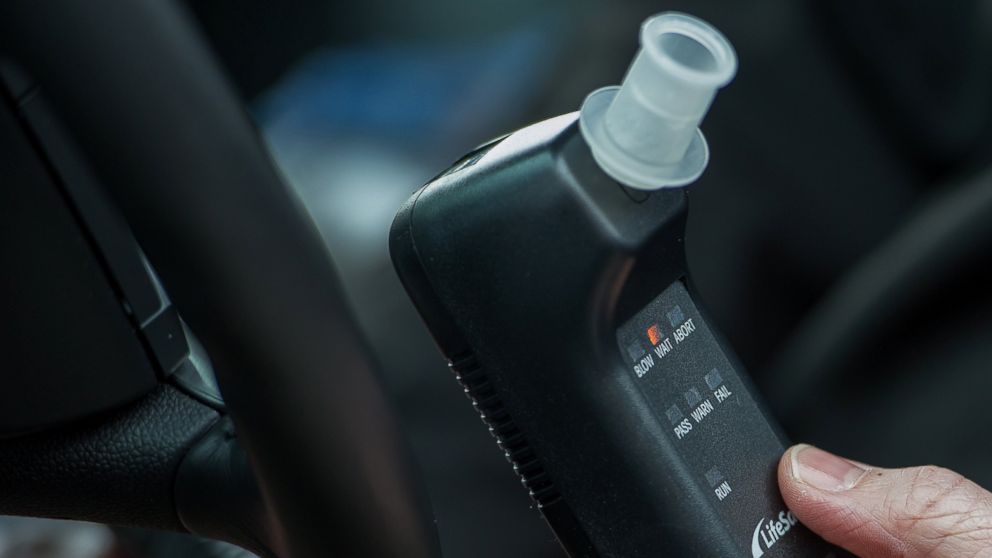Tough Drunk-Driving Law Takes Effect in Maryland
The Drunk Driving Reduction Act of 2016 took effect in Maryland today.

— -- A tough drunk-driving law that took effect in Maryland today requires those convicted of DUI to use in-vehicle breathalyzers.
Under the state's Drunk Driving Reduction Act of 2016, anyone convicted of driving under the influence of alcohol is required to have an ignition interlock installed in his or her vehicle. The device prevents a vehicle from starting when it detects a certain level of alcohol in the driver’s breath and then requires the motorist to retest at random points while they are on the road, according to state officials.
The legislation was nicknamed “Noah’s Law” in honor of Montgomery County police officer Noah Leotta, who was killed when a repeat drunk-driving offender crashed into him during a traffic stop in December 2015.
“We never called it Noah’s Bill, we always called it Noah’s Law. We did because we knew it had to pass,” Maryland Sen. Jamie Raskin, a Democrat, said at a news conference Friday, according to ABC affiliate WJLA. “In some sense, we owe you an apology because if we had managed to get this done before, it might have saved Noah’s life.”
In the last five years, impaired drivers have been involved in roughly one third of all roadway deaths in Maryland, according to the Maryland Department of Transportation. On average in each of those five years, the state had 7,884 crashes involving impaired driving, leading to 171 deaths and 4,026 injuries each year.
“Drunk driving kills and ignition interlock is a key tool to end drinking and driving,” the state’s transportation secretary, Pete K. Rahn, said in a statement earlier this week.
The new law mandates state judges to apply the ignition interlock program as part of a sentence for anyone convicted of driving under the influence or refusing to submit to an initial breathalyzer test during a traffic stop for suspected suspected impaired driving, transportation officials said.
Most ignition interlock devices appear to be about the size of a walkie-talkie or a cordless phone. Drivers entering a vehicle that has one of these tools installed must blow into the device. If their blood alcohol concentration falls above .025, their vehicle will not start. Once they are able to start the car, they must retest at random points while they are driving. They will have 10 minutes to blow into the machine for the vehicle to continue running normally. If they refuse to take a test, or fail one, the car horn will begin to honk and -- in some cases -- the lights will flash.
In Maryland, those who fail the tests on an ignition interlock, miss monthly reviews or damage or tamper with the device are subject to parole or probation violations, transportation officials said.
“This has been battled for seven years,” Noah’s father, Rich Leotta, told reporters this week. “Seven years, so many victims, so many families, so many hearts broken, and that’s what we are trying to prevent.”




